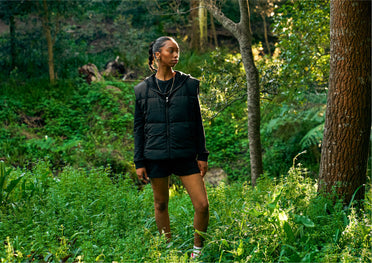WORLD OCEANS DAY 2024
[ Story ]
Article
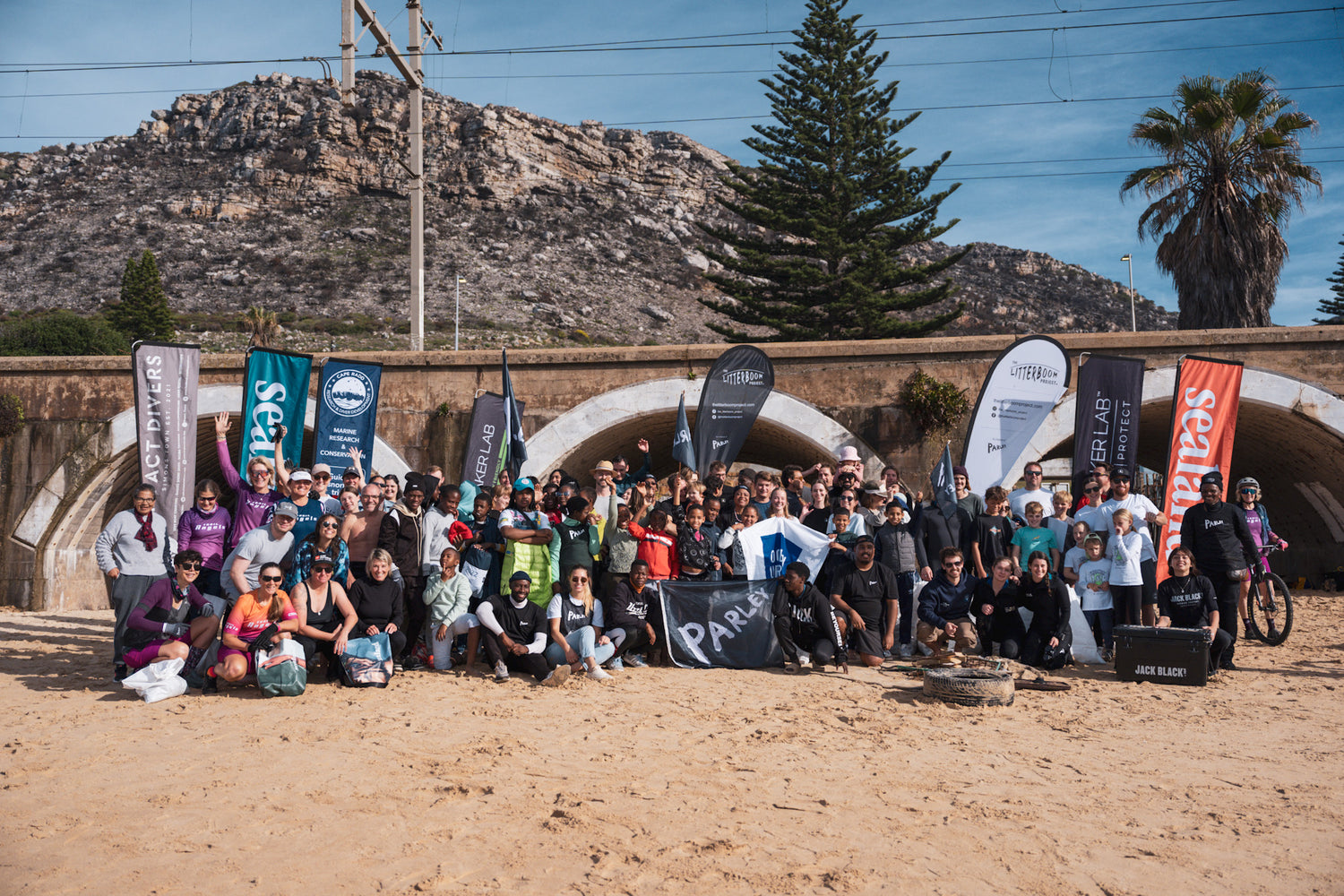
Our Commitment to Change
At The LAB, our mission is clear: revolutionize fashion care to reduce microplastic pollution and extend the life of garments. By simply extending the lifespan of our clothes by nine months, we could collectively reduce our carbon footprint by up to 22%. These are not just numbers—they represent actionable steps toward a more sustainable future for our oceans and planet.
At The LAB, our mission is clear: revolutionize fashion care to reduce microplastic pollution and extend the life of garments. By simply extending the lifespan of our clothes by nine months, we could collectively reduce our carbon footprint by up to 22%. These are not just numbers—they represent actionable steps toward a more sustainable future for our oceans and planet.
Understanding the Issue: Microplastic Pollution in Fashion
The fashion industry, while a source of creativity and expression, also contributes significantly to ocean pollution.
Did you know that every time you wash your clothes, up to 700,000 microfibers are released into our water systems? This staggering amount of microplastic pollution is just one part of the larger environmental impact caused by our clothing choices. The fashion industry ranks as the second largest consumer of water worldwide, highlighting the urgent need for sustainable practices in garment care and production.
The fashion industry, while a source of creativity and expression, also contributes significantly to ocean pollution.
Did you know that every time you wash your clothes, up to 700,000 microfibers are released into our water systems? This staggering amount of microplastic pollution is just one part of the larger environmental impact caused by our clothing choices. The fashion industry ranks as the second largest consumer of water worldwide, highlighting the urgent need for sustainable practices in garment care and production.


Celebrating World Oceans Day: Taking Action Against Fashion Pollution
This year, we joined hands with Sentinel Ocean Alliance (SOA), the University of Cape Town Underwater Team, Parley for the Oceans, Sealand Gear, and an incredible group of volunteers to make a tangible difference right here at Kalk Bay Harbour.
This year, we joined hands with Sentinel Ocean Alliance (SOA), the University of Cape Town Underwater Team, Parley for the Oceans, Sealand Gear, and an incredible group of volunteers to make a tangible difference right here at Kalk Bay Harbour.
At The LAB, we believe that celebrating World Oceans Day isn’t just about paying tribute to the beauty of our seas—it’s about taking concrete actions to protect them and educating audiences on sustainable methods of Care.
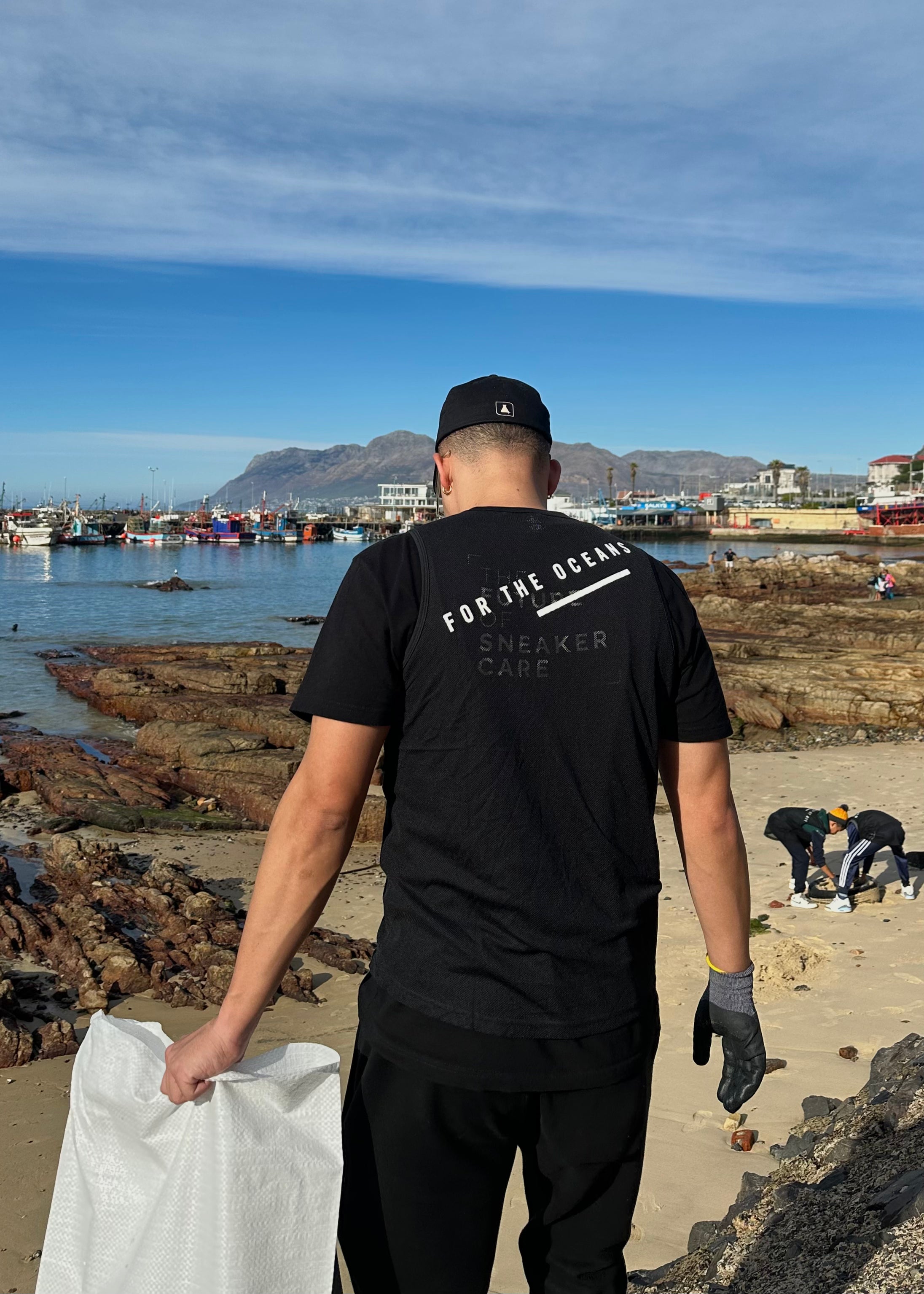
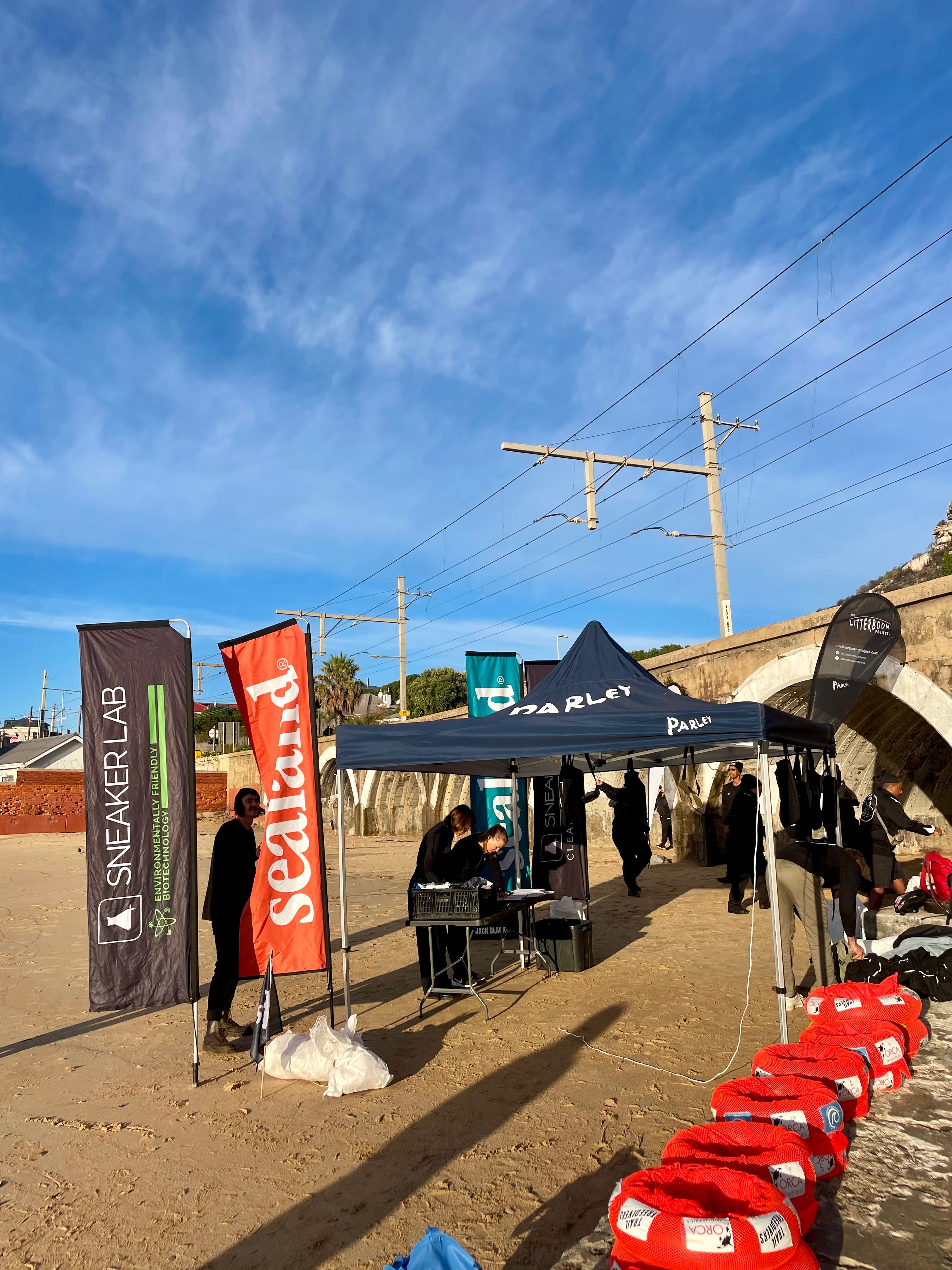
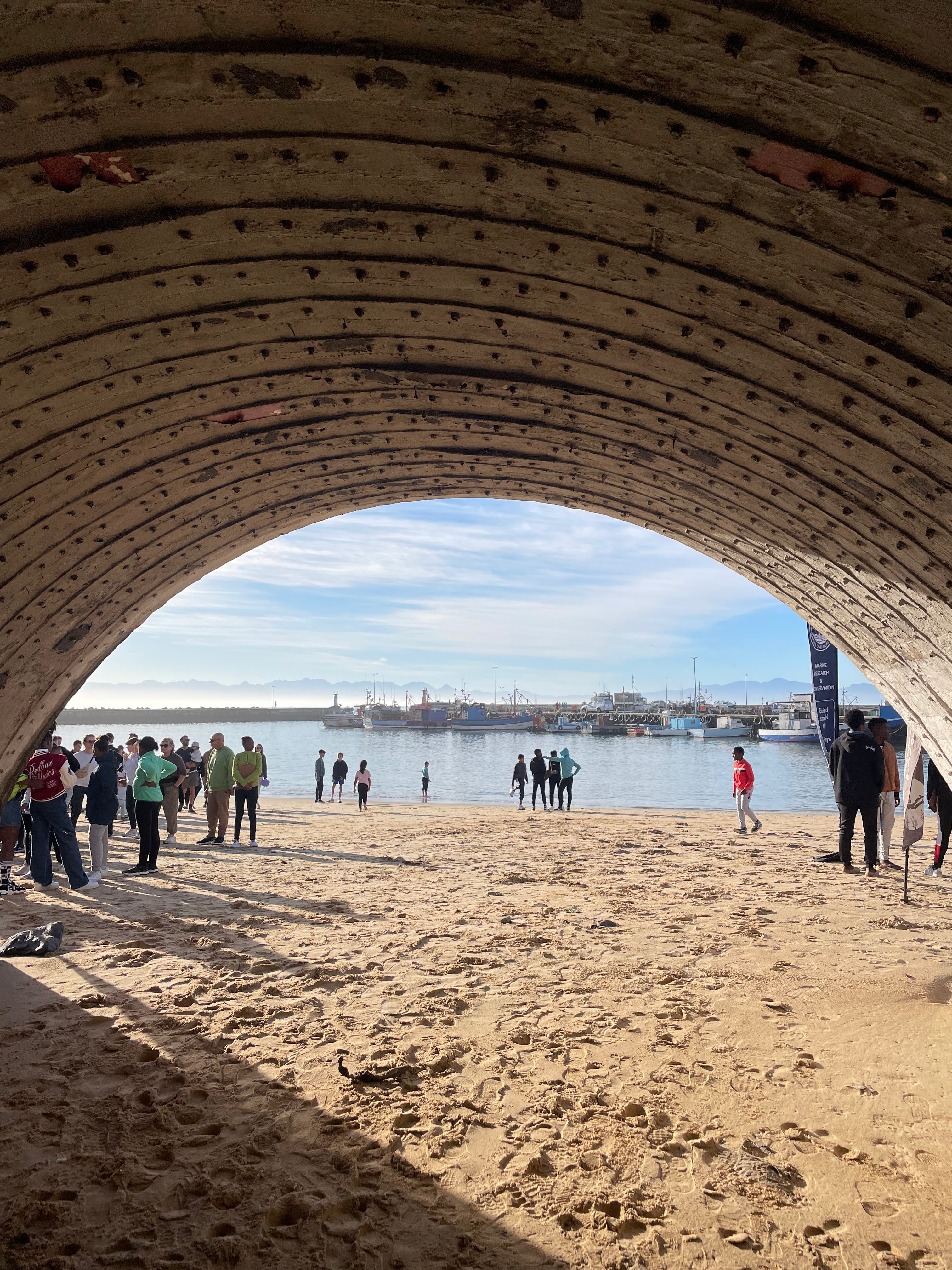
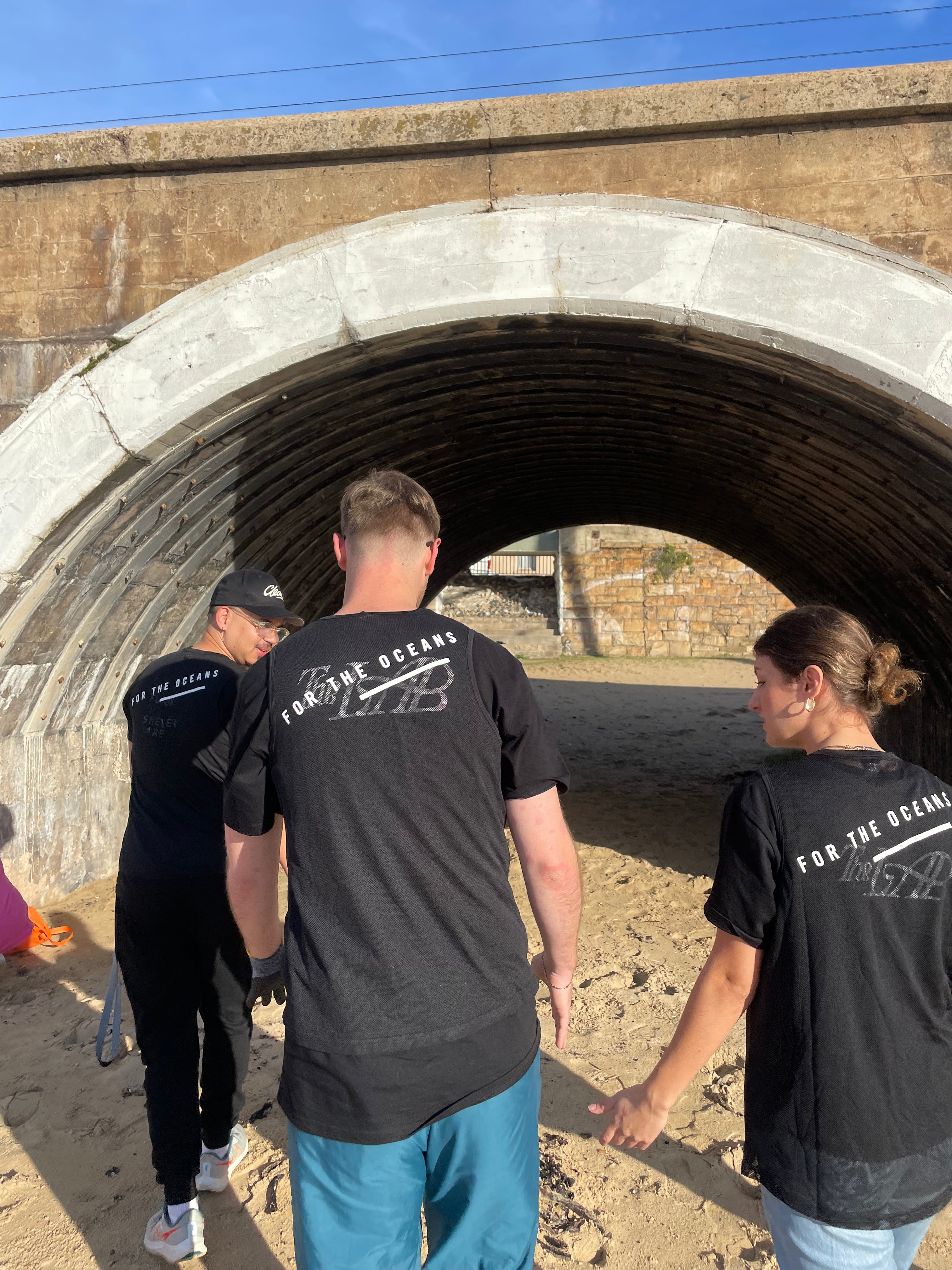
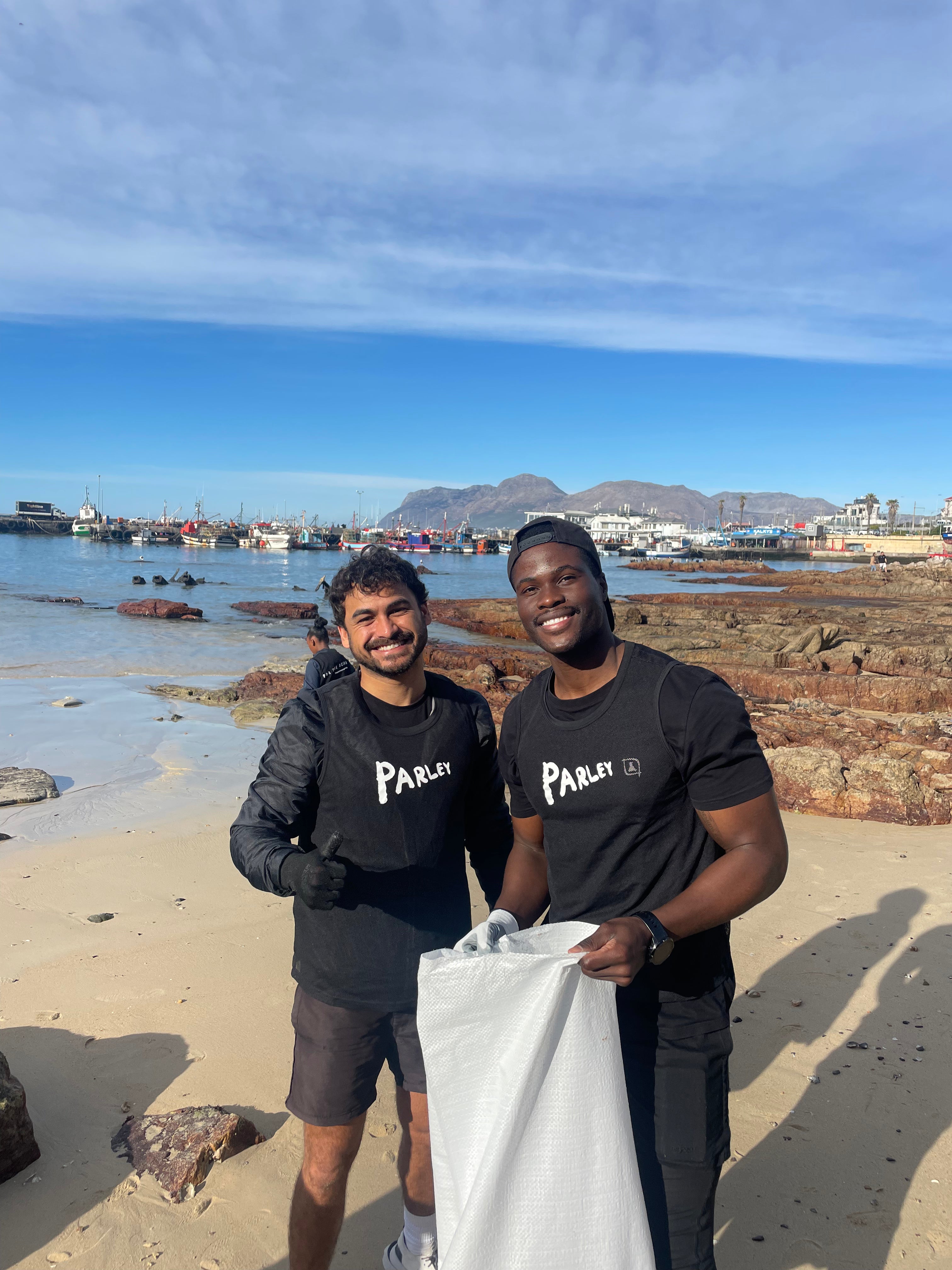
WORLD OCEANS DAY CLEANUP
World Oceans Day Clean-Up: Making a Difference, One Beach at a Time
On the morning of World Oceans Day, our team gathered at Kalk Bay Harbour Beach with enthusiasm and purpose. Joined by dedicated volunteers and our partners, we embarked on a mission to clean up both the shoreline and the harbour waters. The results were inspiring:
• 18 participants dedicated their time and effort.
• Together, we intercepted 53 kilograms of waste, with 24% recycled for further environmental benefit.
Top Polluters Identified
Our cleanup efforts unveiled some stark realities about the types of waste plaguing our oceans:
• 678 cigarette butts
• 145 beer bottle lids
• 27 soft drink lids
• 26 lollipop sticks
• 19 chip packets
On the morning of World Oceans Day, our team gathered at Kalk Bay Harbour Beach with enthusiasm and purpose. Joined by dedicated volunteers and our partners, we embarked on a mission to clean up both the shoreline and the harbour waters. The results were inspiring:
• 18 participants dedicated their time and effort.
• Together, we intercepted 53 kilograms of waste, with 24% recycled for further environmental benefit.
Top Polluters Identified
Our cleanup efforts unveiled some stark realities about the types of waste plaguing our oceans:
• 678 cigarette butts
• 145 beer bottle lids
• 27 soft drink lids
• 26 lollipop sticks
• 19 chip packets
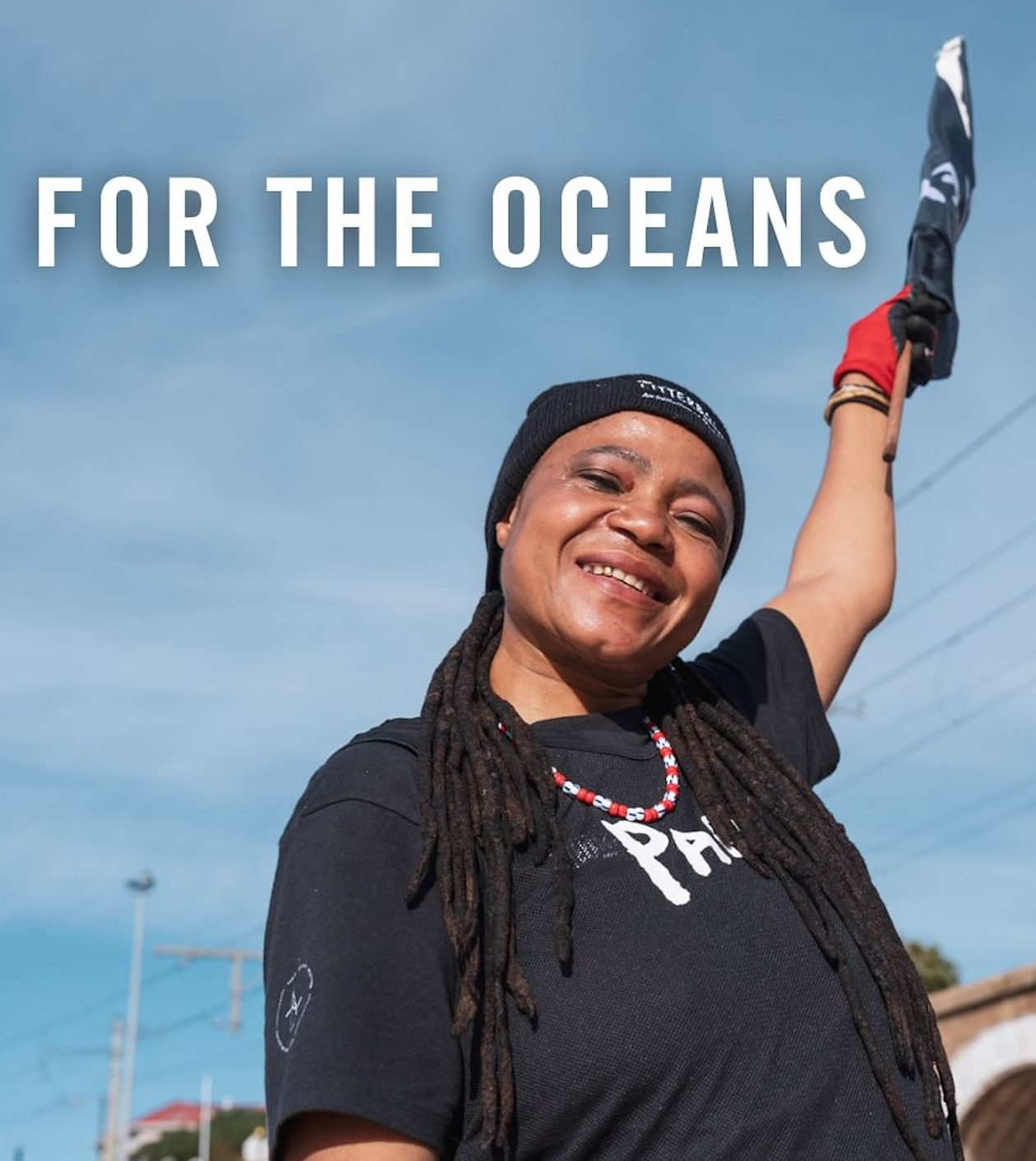
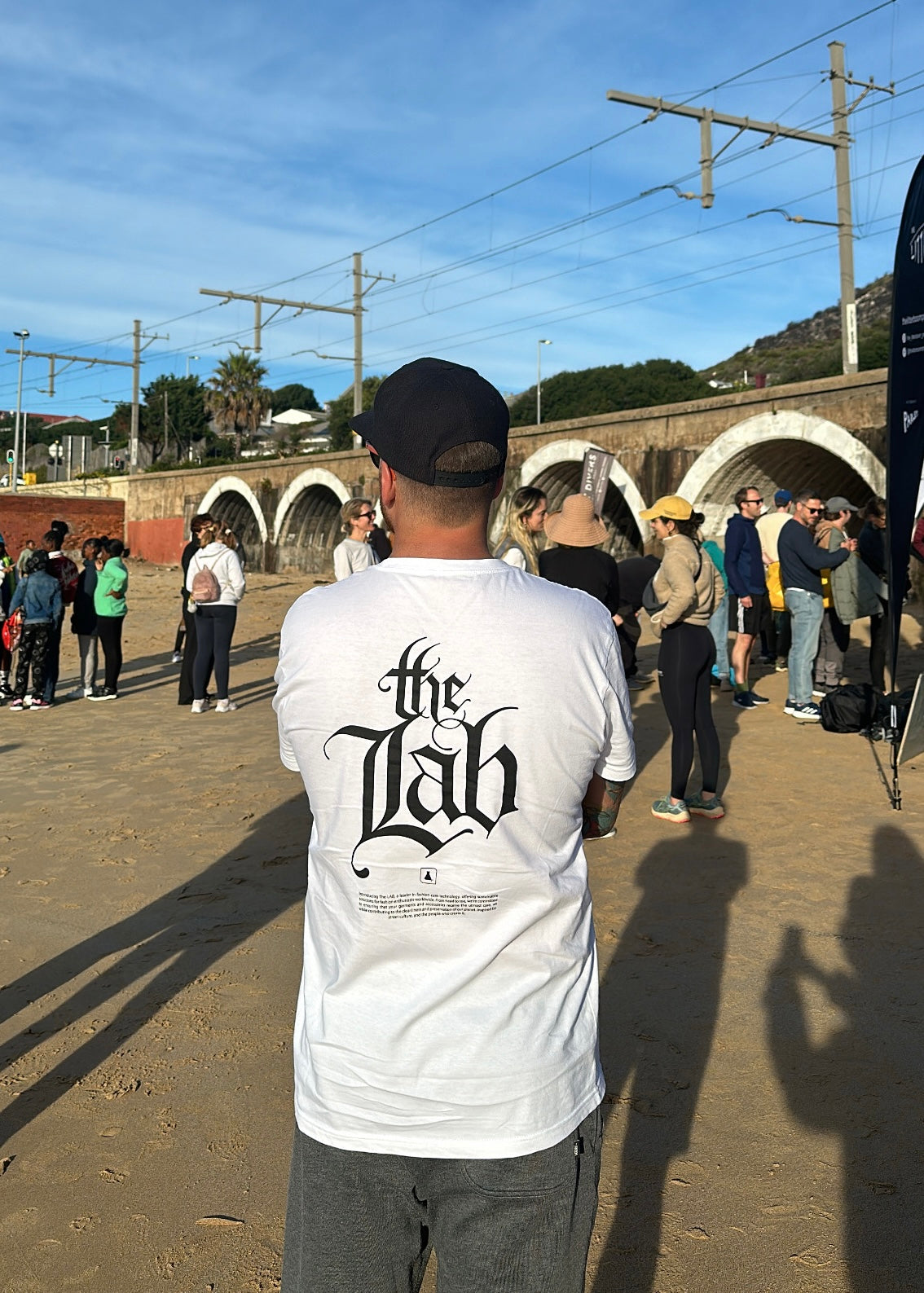
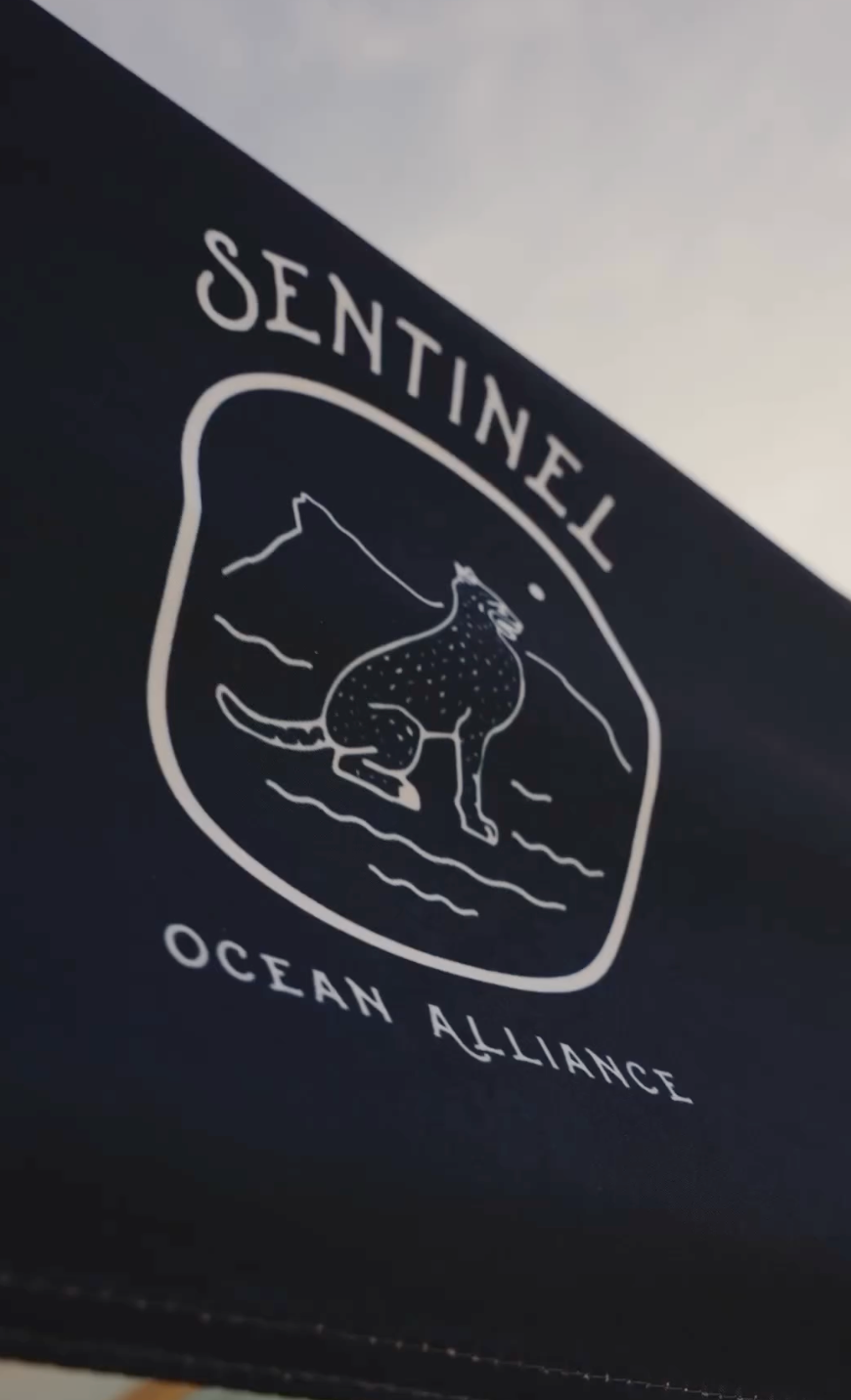
[ Follow ]
